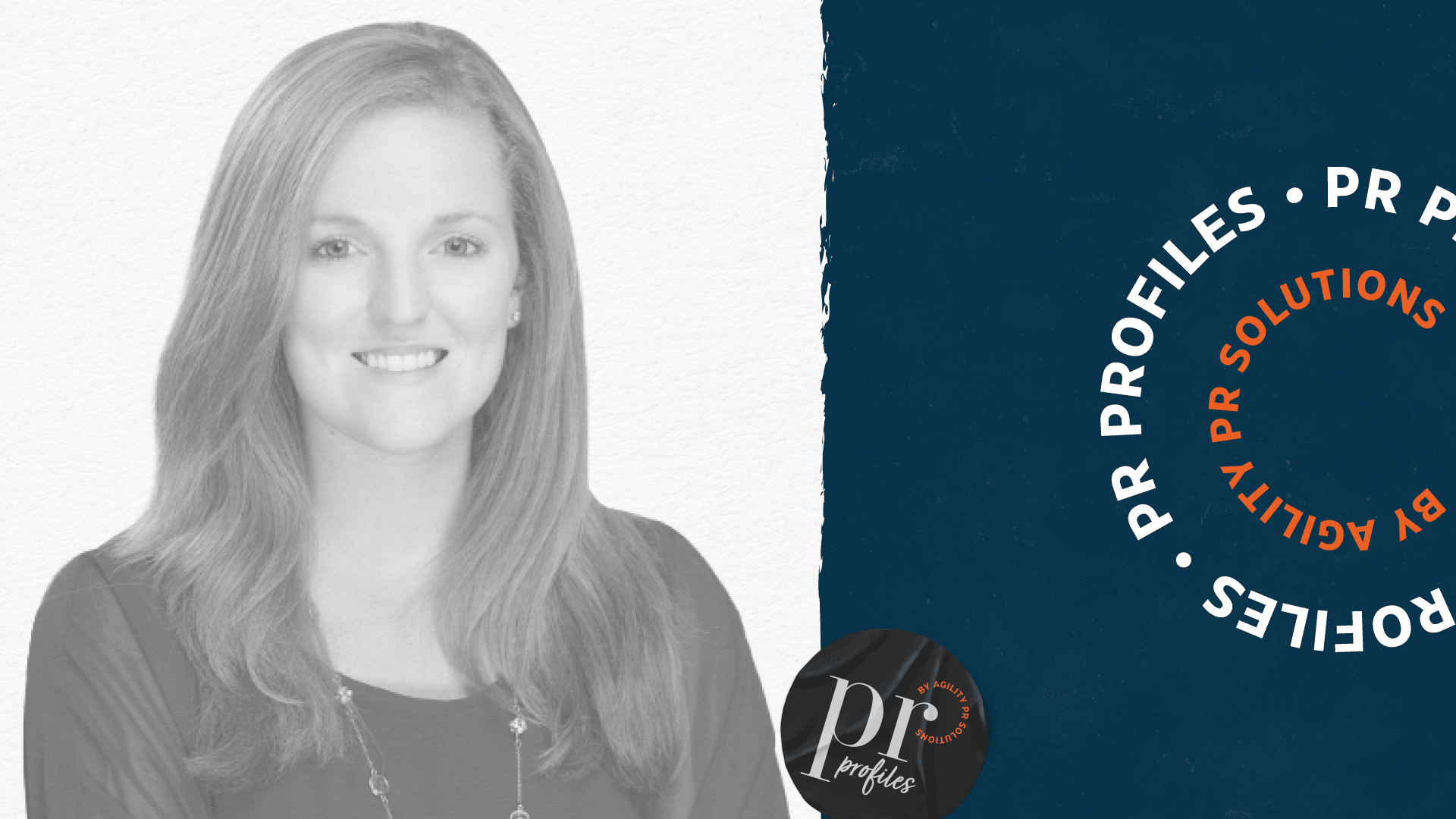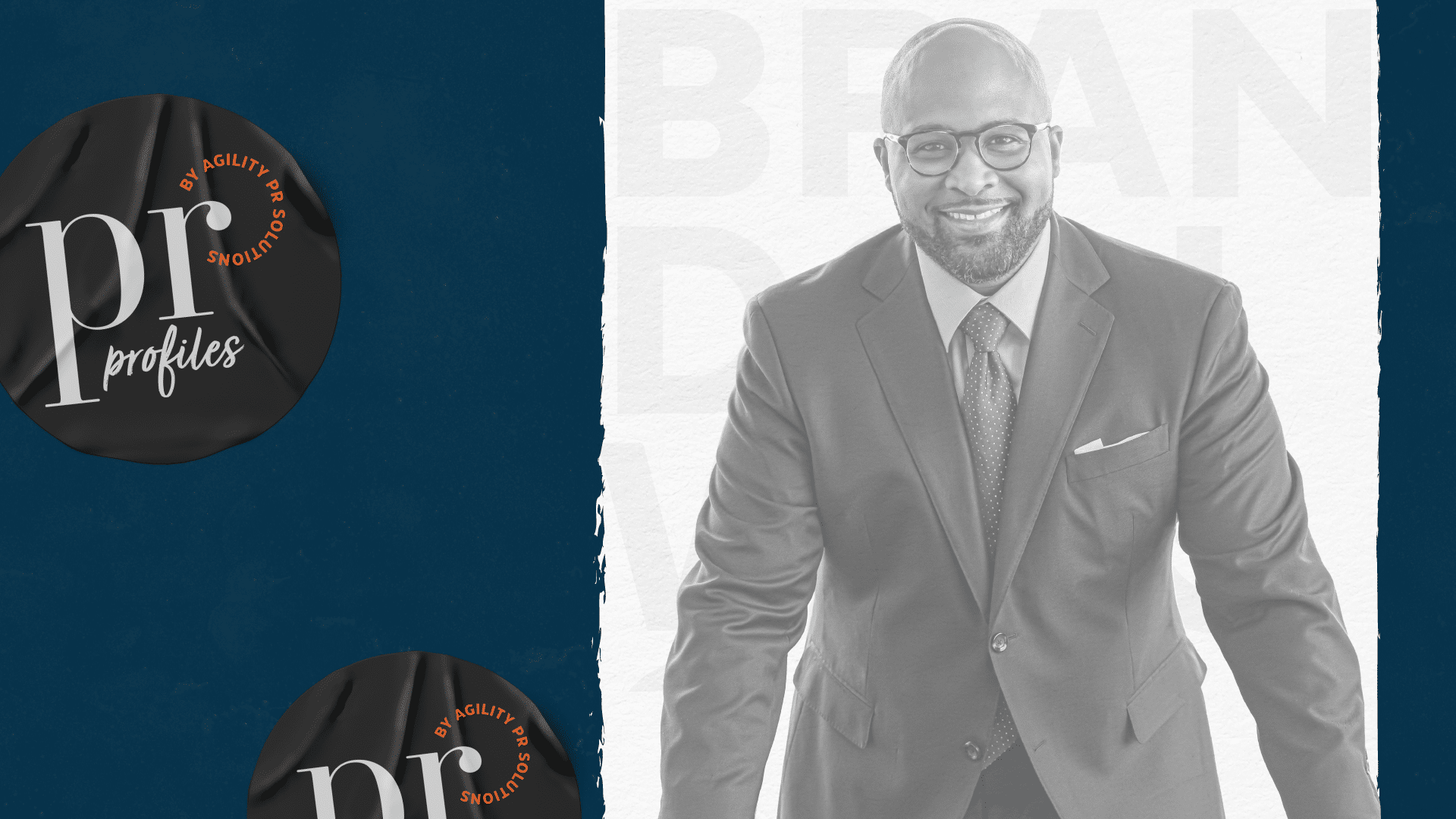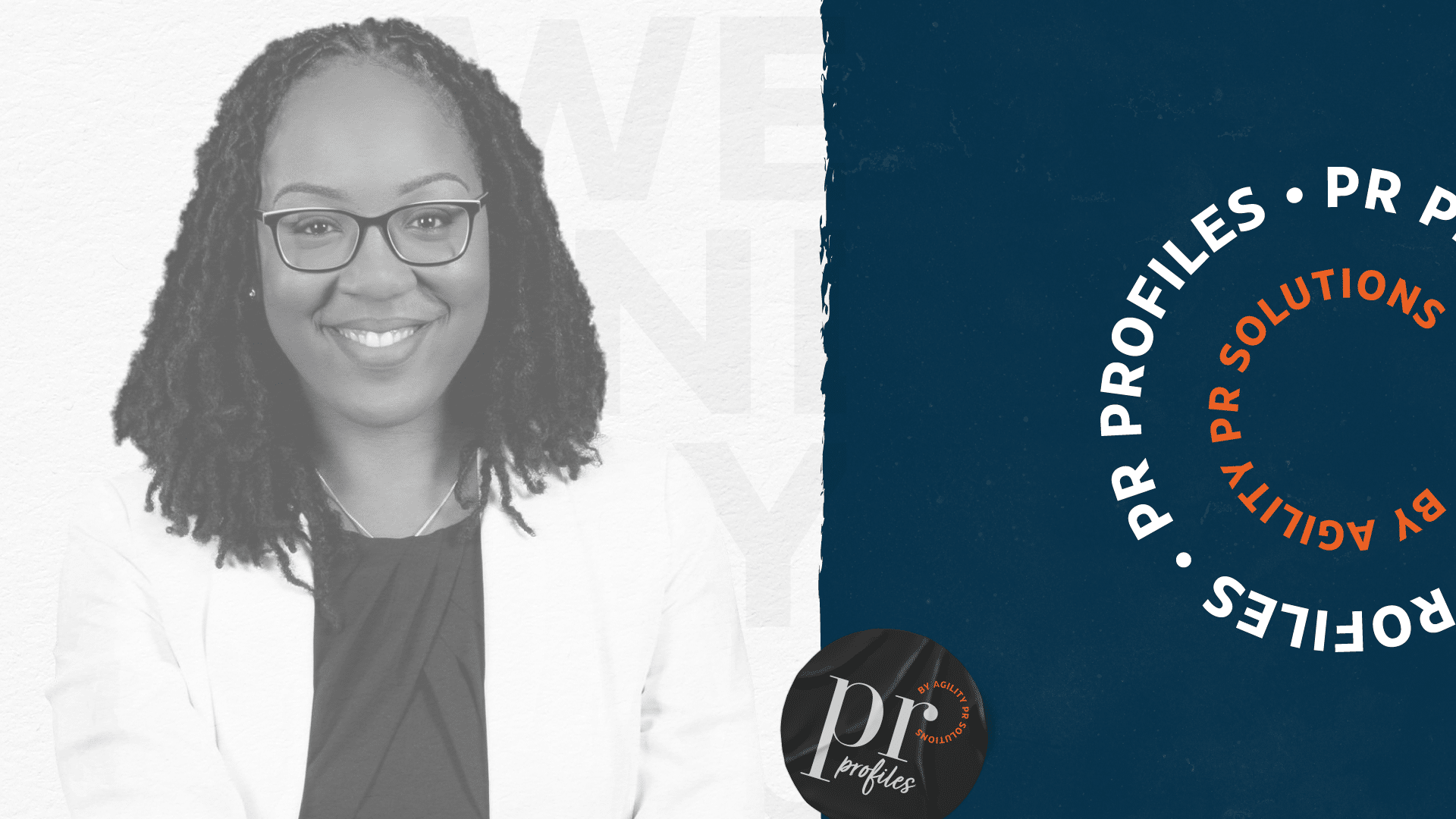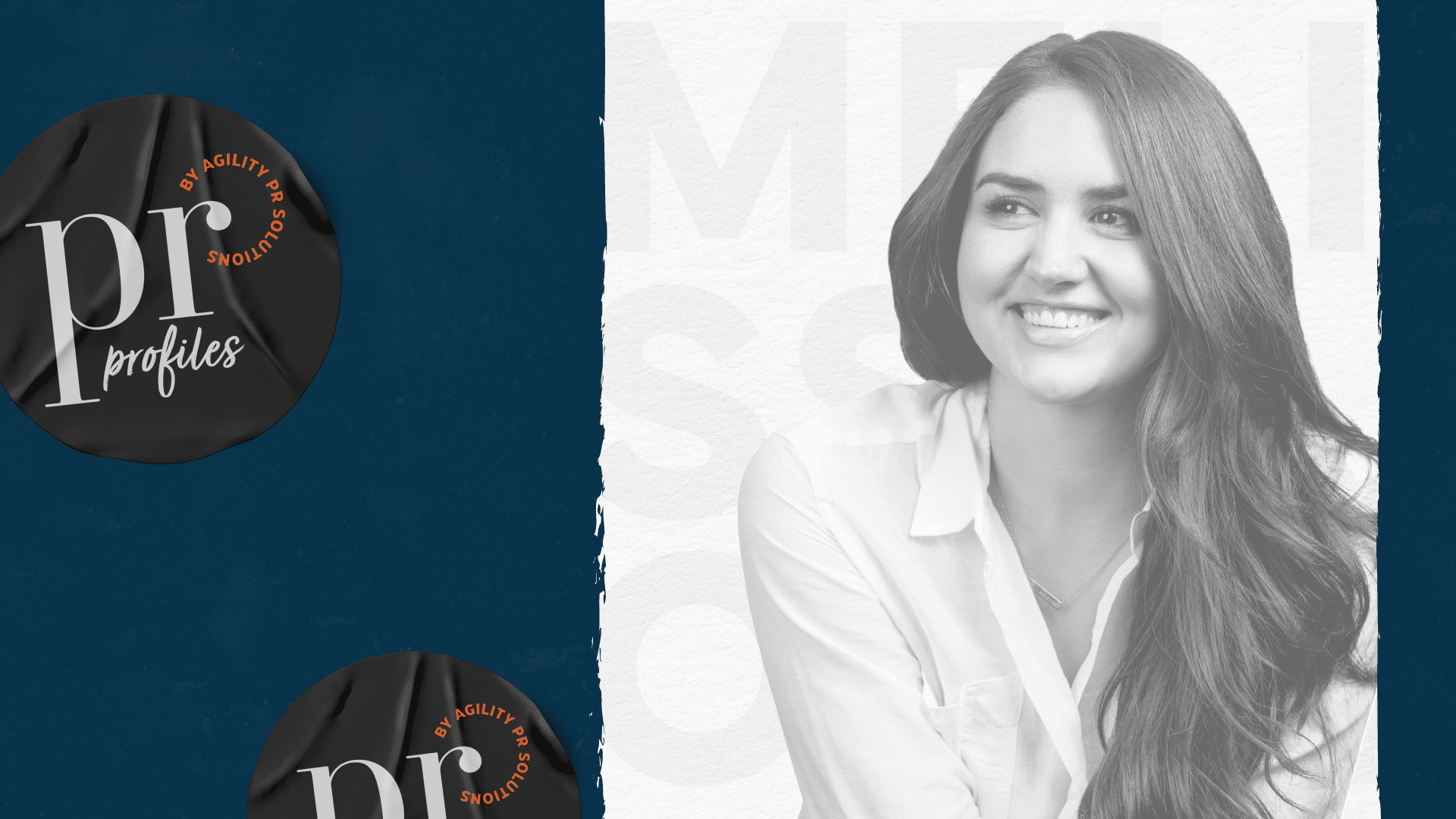As crucial as they are to any professional, strategic thinking skills are often the first to be sacrificed in a time crunch—a common plight for fast-paced communications professionals.
However, the development of such skills can be key to improving your overall professional performance and success. So, here are eight steps you can take to develop your strategic thinking skills for better success in the PR industry.
1. Acknowledge your limitations
The first step to becoming a strategic thinker is recognizing that you may not be one—yet. Thinking clearly about your situation, limits, and possibilities is key to developing this skill.
So, the first step is being honest about where you stand. What’s your current state? What do you have the ability to do and what are you stuck on? When you know where you’re at, it’s much easier to assess the rest of your situation.
For instance, you might be able to see a long-term opportunity, but struggle to come up with a plan to take full advantage of it. Instead, set goals that are smaller and more manageable in the short term.
It doesn’t mean that you’re bad at PR if you aren’t a natural strategist. You just might have to work a little harder at it. Sometimes we need to acknowledge our weaknesses before we can turn them into strengths.
2. Anticipate situations
Learning how to anticipate a situation and how to appropriately react in the moment can add an entirely new dimension to your work. When you are able to anticipate what’s about to happen, not only are you more efficient and productive, but you’re able to prevent a lot of mistakes.
Practice anticipating what’s going to happen next at the smallest level first; then, when you’re able to do this well in your personal life, you can extend that same ability to your professional life.
For instance, anticipating how your audience will respond to certain messages or events will help you position your brand or client better.
Trained strategic thinkers can better anticipate problems before they happen and make changes accordingly—which is essential for crisis management.
3. Practice critical thinking
Strategic thinking will make you stand out from the pack and help you plan and achieve goals. Critical thinking focuses on logic and reason and will help you develop your strategic thinking.
It’s not enough to just know the answers—you need to be able to explain them and understand the context around them.
This requires questioning why things are the way they are. You should start doing this with every action you perform both at and outside of work.
4. Ask questions

It’s important to always be asking questions and challenging assumptions that others make. This applies to your colleagues, clients, audience, and even yourself.
Do your research, talk to people, and gather information so that you can see situations from different perspectives. Try to put yourself in another’s shoes so you can anticipate what your audience, stakeholders, or leadership wants to know.
5. Become aware of your intuition
When it comes to strategic thinking skills, intuition can play a huge role. It helps you recognize patterns in information and be proactive as opposed to reactive. The way you develop this is by keeping track of your gut feelings, thoughts, and emotions. Start paying attention to your intuition and how it guides you.
6. Challenge assumptions
In business, assumptions are often made based on what we think we know of a situation. It’s better to be proactive and preemptive when it comes to assumptions. No matter how small they might be, try and challenge them anyway because they can have a big impact. You might learn something new or come up with a breakthrough idea.
It’s not easy challenging your own assumptions but it’s a good way to practice your critical thinking skills and develop your strategic thinking skills.
7. Know when to make decisions
Are you indecisive? Do you overanalyze things? These are the real killers of strategic thinking. When you know what you want out of life or your PR career, you shouldn’t overthink things.
The point of strategic thinking is being able to make good decisions quickly based on what you know and learn.
8. Align your goals
We kept the tough one for last!
Alignment occurs when you know why you’re doing what you’re doing—and it’s not always easy. But it does help you stay on top of current events and take advantage of them as well as prevent someone from hijacking your plans.
It’s important to constantly return to the bigger picture. This includes your personal goals, professional goals, and life goals. Alignment helps you focus on the similarities between all these things so that you can be more consistent and effective.
It’s easy for PR people to get lost in a sea of work, but knowing why you do what you do will help you stay focused and align your strategic thinking skills with your professional life.
Final thoughts
Once you develop strategic thinking skills, you will be able to see situations in a more comprehensive and far-reaching way, which will make you more successful both in your career as a PR person as well as in your everyday life. Start practicing this skill and notice how much more confident you feel in your own abilities as a PR professional.







